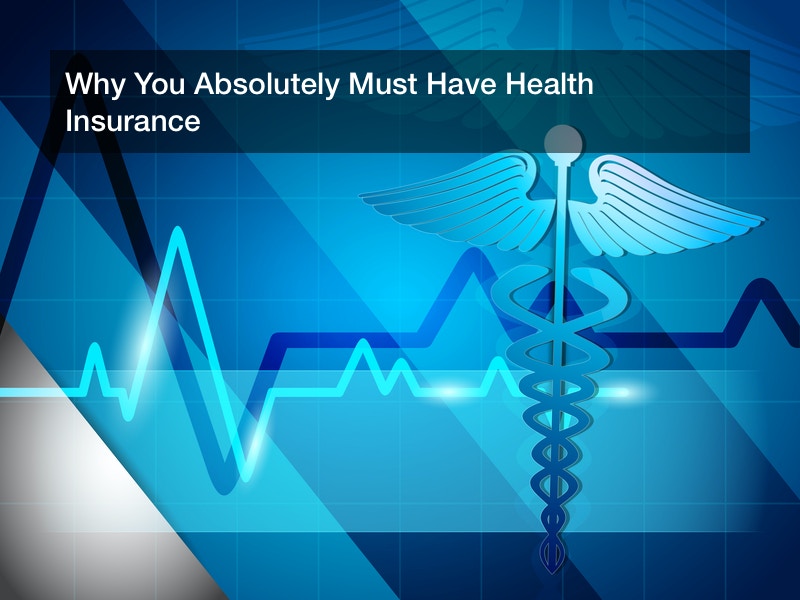
So you’ve graduated college, you’ve got a shiny new degree in hand and you’re ready to take on the world? You probably feel like the world is your oyster and if you’ve got talent and ambition, it very well may be.
But stepping into the real world not only means working a grown-up job, it also means you’re going to have to start paying for a lot of things, whether it’s housing or a car or groceries or renter’s insurance or even a membership to a health club.
At the top of your list—perhaps behind housing and a car should be health insurance. There’s not a doubt at all that health insurance is essentially. Bottom line: when you get sick or you need medical test or you need prescriptions filled, insurance is a must-have.
There’s also little doubt that there are a lot of options out there when it comes to health insurance. One health insurance company might offer one plan, another health insurance company offers another plan or a health broker might offer a whole mess of plans to choose from in the marketplace.
If it all seems overwhelming and hard to pick from, one of the easiest options to go with is a preferred provider organization (PPOs) plan. Essentially, a PPO plan offers a network of healthcare providers that patients can use when they need medical care. Perhaps above all else, PPO plans help everyday Americans get the healthcare they need.
It’s true that PPOs can be very beneficial for many people, but before you go out and sign up for one, it’s important to note a couple of things:
- People that have a PPO plan can visit any doctor’s office or hospital without the need for a referral from their primary care doctor. By contrast health maintenance organization (HMO) plans do require referrals, so that’s something to keep in mind.
- PPOs also give everyday people the flexibility of choosing healthcare spots that aren’t in their network. But if people were to do this, your insurance might not cover the total costs of whatever care you receive, so the out-of-pocket costs may be a bit higher.
But if you’re looking for flexibility in your healthcare plan, you can’t go wrong with a PPO. They’re available through employees or health insurance brokers and there are different kinds of plans available—80/20, 90/10, family plans, etc.
So let’s say you get a PPO from a health insurance company. It’s important to know the ins-and-outs of your health care plan and know exactly what it covers. While PPOs do offer flexibility as far as where people can go to get treatment and care, it can also give folks a false sense of security. Going outside the network can be convenient, but if you aren’t careful the out-of-pocket costs can add up quickly, especially for expensive treatments that may only be partially covered by a health insurance company.
As with any health plan, where’s it’s a PPO, an HMO or even a high-deductible health care plan, there are advantages and disadvantages. Where PPOs are concerned, some of them include:
Advantages
- As previously mentioned, people with PPOs have the opportunity to visit a variety of health care providers within their network and out of the network.
- Patients can be admitted to any doctor’s office, hospital or medical facility when they need treatment.
- PPO networks are generally larger than HMO networks.
- Patients have plenty of flexibility to make more of their own health care decisions.
- Patients can also choose specialists without referrals from their primary care doctors.
Disadvantages
- Outside of their PPO network, patients could end up paying half price or even full price for medical care.
- Patients end up getting more than they bargained for when it comes to paying because they receive out-of-network care. The care might help people feel secure at the time and it might even be necessary, but it could lead to big medical expenses when all is said and done.
It’s true that health care plans don’t come cheap. Since 2015 in fact, out-of-pocket costs and deductibles have increased by nearly 30%. But as previously noted, having a health care plan is an absolute necessity. It’s true there are plenty of advantages to getting a PPO, but ultimately you need to find a health care plan that works best for you.

